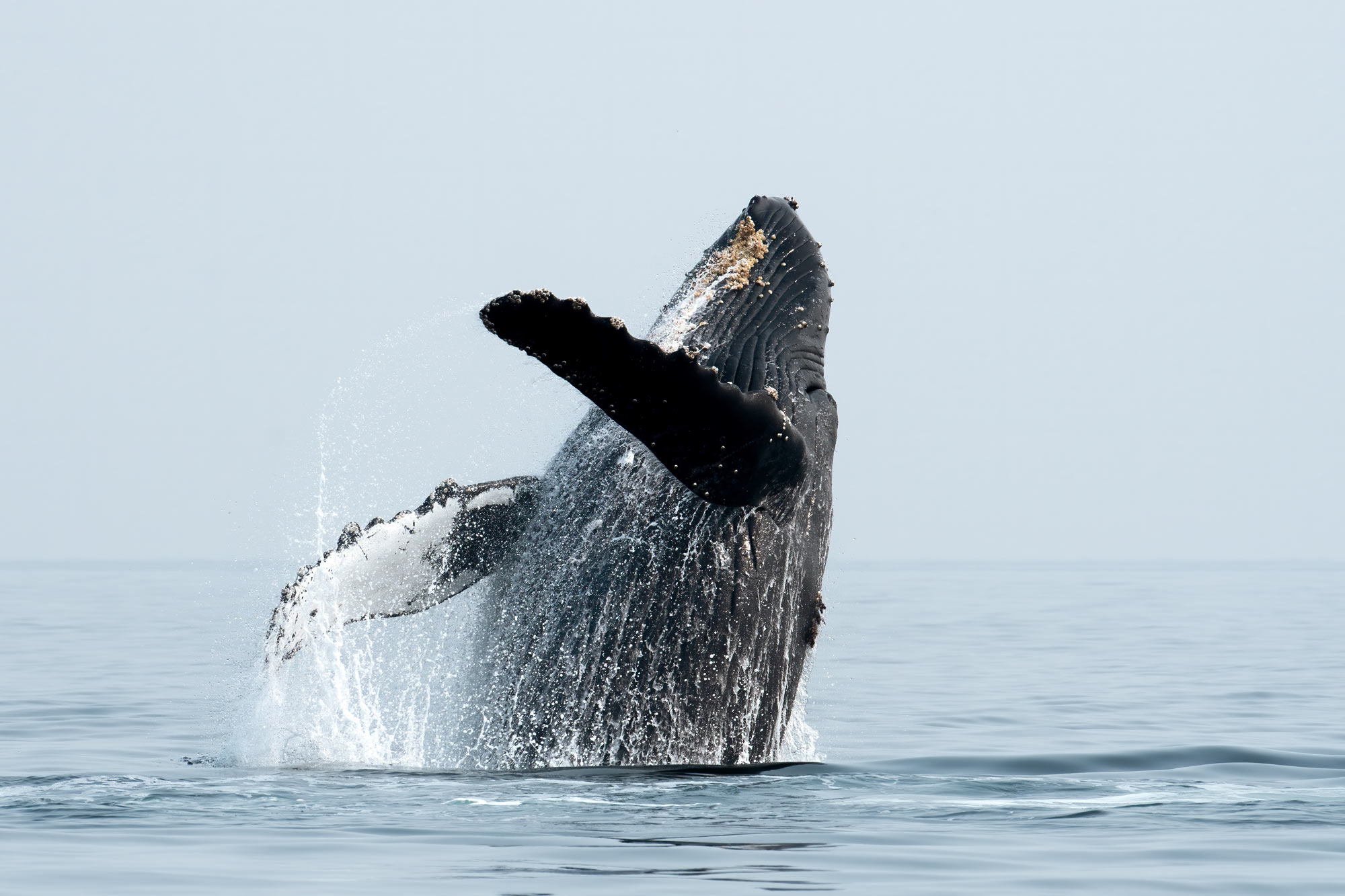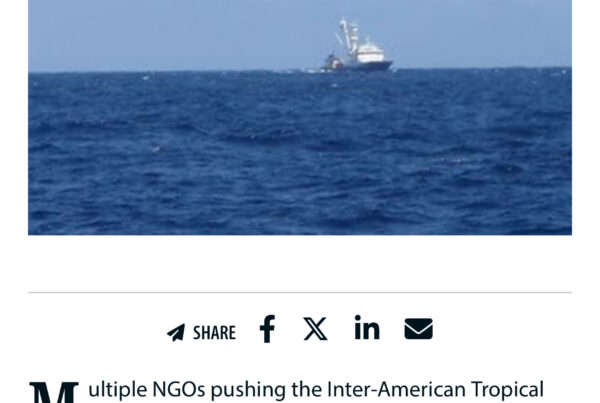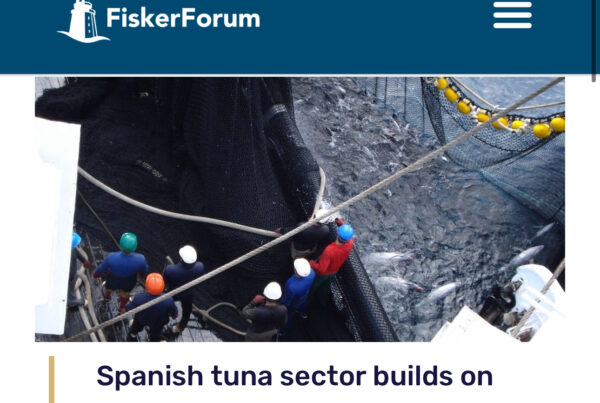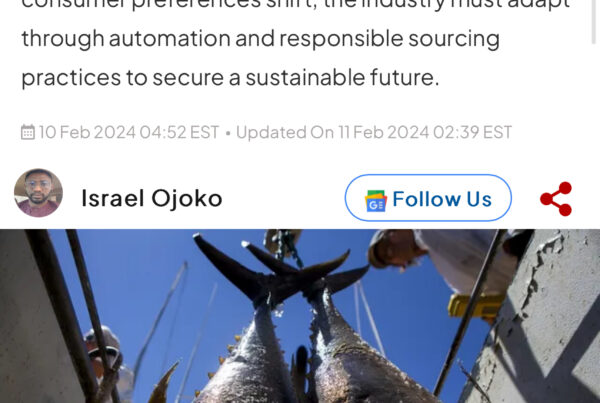Whale Week: Celebrating the Wonder of Whales
Discover NOAA’s work to study, recover, and conserve these magnificent marine mammals.
Celebrate Whale Week with Us: A Message from Janet Coit, Assistant Administrator for Fisheries
Join us for a celebration of whales and the 50th anniversary of the Endangered Species Act as we reflect on the past 50 years and look to the future.
A Whale’s Perspective: Using Tags to Understand North Atlantic Right Whales
NOAA Fisheries and our partners continually seek ways to monitor and track endangered North Atlantic right whale movements to better understand whale behavior and mitigate threats to their recovery.
Highlights
More than $265 Million in Funding Recommended for Transformational Habitat Restoration and Coastal Resilience Projects
NOAA is recommending more than $265 million in funding for 38 transformational habitat restoration and coastal resilience projects this year, as well as an additional $20.4 million in funding in future years. This is a historic investment in strengthening the climate resilience of our nation’s coastal ecosystems and communities under the Bipartisan Infrastructure Law.
Thirty-Five New Projects Will Support Underserved Communities Through Habitat Restoration and Capacity Building
NOAA is recommending nearly $25 million in funding under the Bipartisan Infrastructure Law for 35 new projects that will advance the coastal habitat restoration priorities of underserved communities. These projects will support community-driven habitat restoration and help build the capacity of underserved communities to fully participate in restoration activities.
NOAA Fisheries Releases 2022 Status of Stocks
NOAA Fisheries has released the Annual Report to Congress on the Status of U.S. Fisheries. This report highlights successful management of U.S. fisheries and the broad economic impact of commercial and recreational fisheries on the U.S. economy.
NOAA’s Teacher at Sea Program Embarks on 2023 Season
On Earth Day, April 22, NOAA’s Teacher at Sea Program embarked on its 2023 field season. Ten educators are scheduled to join NOAA scientists at sea this year.
Alaska
Public Hearing on Amendment to Establish Federal Management of Salmon in Upper Cook Inlet
NOAA Fisheries will hold a public hearing to receive input on an amendment to the Fishery Management Plan for Salmon Fisheries in the Exclusive Economic Zone off Alaska. This amendment would establish federal management for the salmon fisheries in the federal waters of the upper Cook Inlet. The public hearing will take place by webinar on May 18, 2023, from 5 p.m. to 8 p.m. Alaska Daylight Time.
West Coast
Video: Reintroductions—A Lifeline for Salmon in California’s Central Valley
Dams with no fish passage have trapped salmon on the floor of California’s Central Valley, where water is hotter. To avoid extinction, reintroductions to their historical high-elevation habitat may be the answer to save these endangered fish.
Sacramento River Pulse Flow Expected to Increase Survival of Juvenile Salmon Traveling to the Ocean
Researchers from NOAA Fisheries and the University of California Santa Cruz will tag several groups of juvenile salmon in the Sacramento River. The tags will help us measure the benefits of the river’s first “pulse flow” to salmon survival and reproduction. A pulse flow is a rapid increase and decrease in dam-released water designed to resemble natural spring runoff.
Science Blog: Sound Bytes—Adventures of a Drifting Buoy
Cory Hom-Weaver, an acoustic analyst at the Southwest Fisheries Science Center Acoustic Ecology Lab, blogs about challenges the team experienced during the second Central Coast Collaborative Passive Acoustic Monitoring Survey, such as unkind weather, equipment gone astray, and more. This is the latest post from the ongoing Sound Bytes science blog series.
Southeast
Meet Héloïse Frouin-Mouy, Bioacoustician
As part of the Faces of the Southeast Fisheries Science Center series, meet Dr. Héloïse Frouin-Mouy, a bioacoustician with NOAA’s Southeast Fisheries Science Center. She uses passive acoustic tagging to better understand the diving and calling behavior of whales in the Gulf of Mexico.



